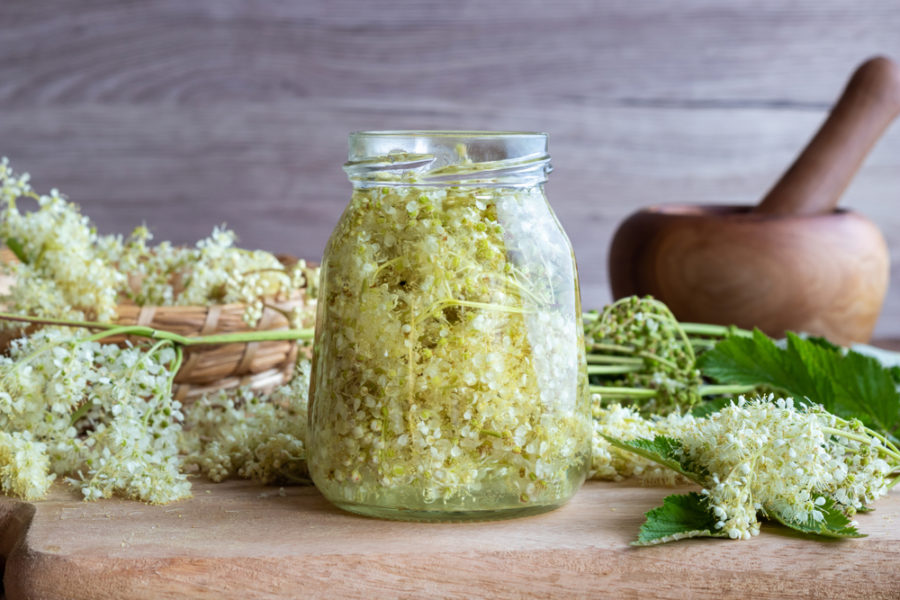Meadowsweet is a mild yet effective anti-inflammatory herb. It has been used for several centuries to treat body aches and pains, including arthritis and joint pains. In horses, it helps relieve the pains that come with age, especially during the cold winter months.
Meadowsweet leaves and flowers are known to contain salicylates, natural compounds that are converted by the body to “aspirin” without the side effects of gastric upset that regular aspirin use can cause.
Meadowsweet can be especially helpful for the older horse who suffers from arthritis and may also have gastritis (inflammation of the stomach lining) from years of being given Bute or NSAIDs. While it may at first seem contradictory to give a horse an herb with aspirin-like effects or qualities (aspirin and its salicylates have been well-documented as a cause of stomach upset), the historic use of meadowsweet confirms that it is an effective anti-inflammatory and pain reliever without causing the wide range of digestive problems associated with aspirin. Meadowsweet is a whole herb, not just salicylates, and the sum of its “active” ingredients work in concert and do not cause the side effects.
Dosage and feeding methods
Meadowsweet can be given to horses in several forms – as the cut and sifted herb, a powder, or made into a tea and added to bucket feed (one of my favorite ways to use it). It can also be given as an extract, which can be purchased at most health food stores. In its powdered form (added to bucket feed) 1 to 2 tbsps would be the recommended dose to start; it can be adjusted up or down from there. For a tea, place ¼ cup of the cut and sifted herb in a mason jar, steep until it is just warm, then pour over and mix into the horse’s regular bucket feed morning and night.
Grow your own
I have grown this herb in my garden in Southern California, but it needs plenty of water or it withers quickly. It can be a beautiful addition to any flower or vegetable/herb garden as it has soft yellow-white flowers, thin reddish stalks, and bright green leaves, similar to mint leaves. When mature, it can be dried to make into tea. It thrives in organic, well-composted and irrigated soil.








